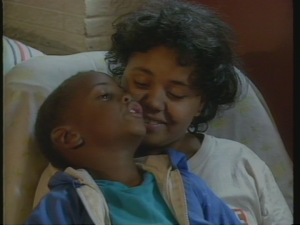 Families First reports on an innovative national movement to keep troubled families together rather than have children placed in foster care. Traditionally, foster care was designed as a last resort for families in crisis. But too often, the foster care system itself is in crisis with sensational cases of abused or neglected children being further damaged while in that system.
Families First reports on an innovative national movement to keep troubled families together rather than have children placed in foster care. Traditionally, foster care was designed as a last resort for families in crisis. But too often, the foster care system itself is in crisis with sensational cases of abused or neglected children being further damaged while in that system.
In this 90 minute documentary we visit Detroit, Michigan, Lousiville, Kentucky and St. Louis, Missouri to witness a new program to jump start families facing disintegration. While the overwhelmed foster care system costs tax payers some $9 billion the year before this film was made, this alternative based on putting social workers right in the home and concentrating on providing services for an intensive period, costs less. These new programs have different names, but are described as “family preservation programs.” The social workers are on call 24/7 and provide support and advice to get parents into substance abuse programs, move to a more stable apartment, find help with rent, parenting classes or anger-management for kids and parents. In the film we witness this work in action. 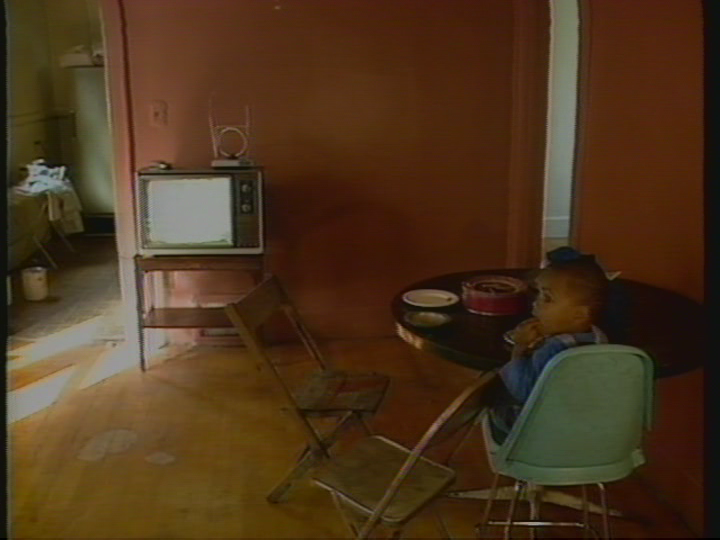
In St. Louis, Connie, a single mom has dealt with drug addiction and abuse from boyfriends. Her kids were taken away from her and when she got them back she knew she needed help to keep them because she was hitting them “8 to 28 times a day.” Her kids were also out of control — her son threatened to kill her. With the help of a social worker she learned new parenting skills which we see in action. “There is nobody who can walk in my house and call me an unfit mother again.”
In Detroit, we meet two single moms who have hit rock bottom. And we watch while a new breed of social worker patiently teaches them how to repair a window or find a way to communicate again with a child. The social worker also becomes an advocate for that family in the complex social services system.
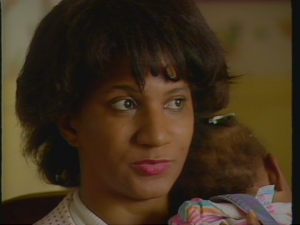 In Louisville, Kentucky, a mother tries to cope with her teenage daughter who is a mother herself. The social worker helps them learn to communicate with each other.
In Louisville, Kentucky, a mother tries to cope with her teenage daughter who is a mother herself. The social worker helps them learn to communicate with each other.
While there are no promises that families will be happy and transformed forever,or that children will not be neglected or abused. If they are, then they are immediately removed from the home. But, as champions of this new approach argue, poverty shouldn’t be a reason to remove children from the home. “Single moms shouldn’t lose their children for the lack of an out-patient substance abuse program,” says Susan Kelly, head of a Families First program in Michigan. This innovative family preservation movement seems to offer hope to keep fragile families from falling apart.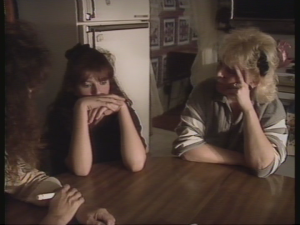
These stories, of parents, children and the case workers who help them learn the skills they need to stay together, offer a candid look at one of our society’s most distressing problems and a promising approach to coping with it.
Funders: Edna McConnell Clark Foundation, the Annie E. Casey Foundation, Mutual of America, CPB and PBS stations. © Public Affairs Television Inc.
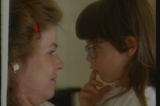

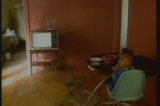

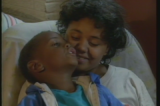
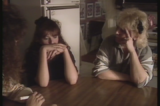
Is this video (DVD?) available for purchase anywhere? I am using an old VHS in a social work class and need to replace it. Can’t find it for purchase anywhere.
Hi Jeff, at the top of this page you will see the distributor for this documentary (Films for Humanities & Sciences), click and you’ll find their url for information about purchasing a dvd copy. I would love to hear about how you are using this documentary and how it works for your classes. Also, you may wish to add more commentary updating the family preservation movement. Thank you.
Is this full video available for purchase in DVD format? Thanks!
Dear Vince, I am sending you an email about the current distribution availability. Gail